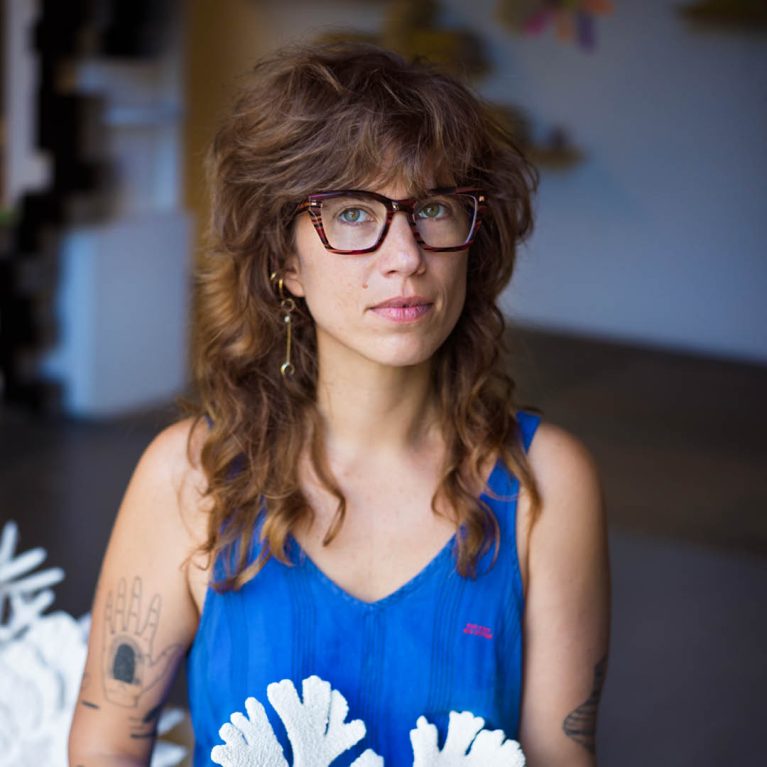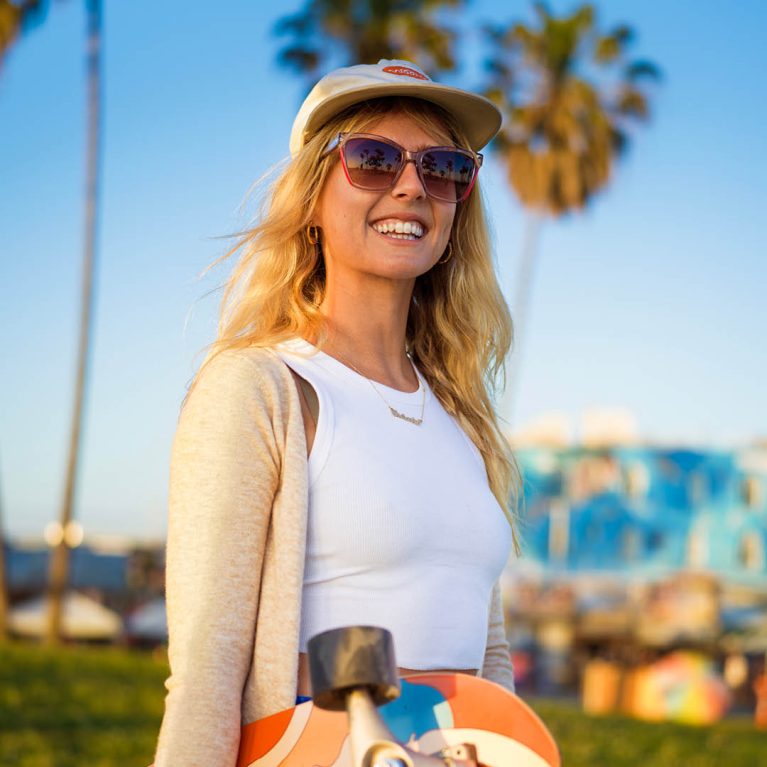1. Bio
Investigative journalist, writer, activist specialising in women’s and children’s rights. She has dedicated her life to denouncing the horrors of a corrupt power, personally paying the price for a system that has viciously violated, beaten, kidnapped, tortured and forced her into exile after repeated attempts on her life, but without ever managing to silence her or stop her work. Born in Mexico City, she began her career in journalism writing for the cultural page of the Novedades de Cancùn, but soon focused on more social issues and as early as 1986 began investigating the trafficking of girls and young women in Mexico and various countries around the world. Through the use of the media, she fought to keep public attention focused on human rights demands and in the late 1990s she founded Ciam (Center for research and attention to women), a shelter for women and children who are victims of violence and abuse. At the same time, she had to defend herself from an escalation of physical, economic and legal violence carried out to silence her. In May 2007, she miraculously survived yet another assassination attempt and, on the instructions of the United Nations Human Rights Council, was forced into voluntary exile to try to save her life. After this, more than 2000 artists from all over the world launched a campaign to keep the spotlight on her situation around the world. In the same year, Amnesty International awarded her the Ginetta Sagan Award for Women and Children’s Rights, in 2008 she received the Guillermo Cano World Press Freedom Prize from UNESCO and in 2010 she was named World Press Freedom Hero by the International Press Institute. Her commitment to the protection of civil and human rights continues unceasingly and in various forms to this day.
2. The power of a dream
As a child I dreamed of being a dancer, a writer, a painter and the President of Mexico. I can say that I have fulfilled all my dreams, except – fortunately – becoming President. I realised very early on, when accompanying my mother in her work in the most difficult suburbs of Mexico City, that I wanted to work against injustice and inequality. I became an activist at the age of 15 and since then I have carried out research to include women’s and children’s rights in my work as a journalist, documentary filmmaker and children’s book writer. The power of the dream of justice has been the unwavering force that has sustained me throughout my work, my existence. When I became an investigative reporter at the age of 23 (in 1986), the media was absolutely dominated by men. For years my editors and colleagues said that women could not cover wars, that I was too pretty to be intelligent enough to do this job. They insisted that women could not understand politics and corruption, that it was too dangerous for us. And yes, it was dangerous, but my successes, like those of my many female colleagues, changed the history of journalism and also the fortunes of thousands of people.
3. My journey into real beauty
There is no greater beauty than the dignity of a human being. In my work I have seen it trampled on, abused, torn to shreds, and yet, like the greatest of miracles, it is capable of rising up again as soon as someone is ready to recognise and defend it. Of my many trips, there is one in particular that I want to share with you: I was in a shelter for trafficked children, rescued in Uzbekistan. I spent a night with them in freezing cold conditions, making up stories in Spanish, while they looked at me, smiling, even though they did not understand a word I was saying, until they fell asleep curled up in my sleeping bag. I woke up at one point, to find a little girl, who had not spoken for a year due to the shock she had suffered, stroking my hair and whispering to me in Uzbek. There is nothing equal to the wonder, the amazement, and the beauty of witnessing the greatness of a child’s soul which, even after being a victim of sex trafficking, still finds the strength to trust. Resilience is everywhere and those children, that night, reminded me that my work is important and that my soul is in the right place.
4. What I learned and won’t let go
We must find the courage to raise our voices, to break that hateful belief that power and fame offer protection. If children, young girls, women, who have emerged from the jaws of hell are able to continue speaking out about their pain, none of us has the right to give up. Negotiating dignity, in exchange for apparent freedom or security, is only the first step towards silent and debasing slavery. Human rights are never negotiable. I believe that journalists and the media, first and foremost, have a duty to tell the truth, even when it is inconvenient, even when it is dangerous. I believe in the importance of building solidarity networks: they tried to destroy me physically, professionally, financially. I saved myself and kept my freedom thanks to the mobilisation of public opinion and the support I received from all over the world. We all need to be involved in this fight for a fairer society, no one can consider themselves indifferent. For women in particular, I dream of education and economic independence, to be truly free to choose their own path in life and in love. Without equal opportunities, education and economic freedom, their choices will continue to be made out of a need for survival and not out of real aspiration and freedom.








